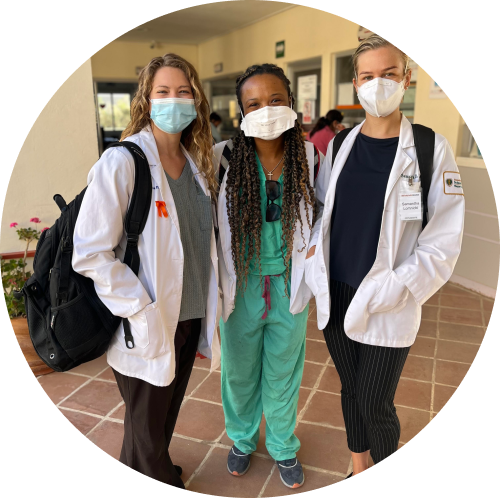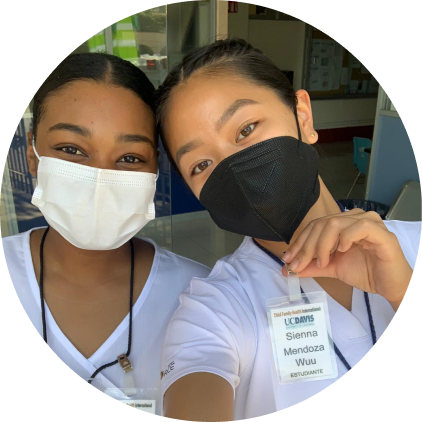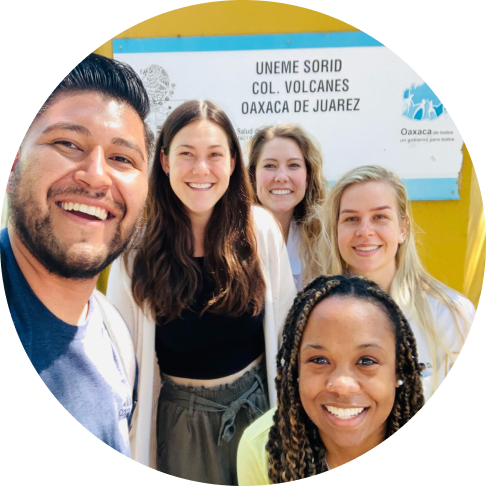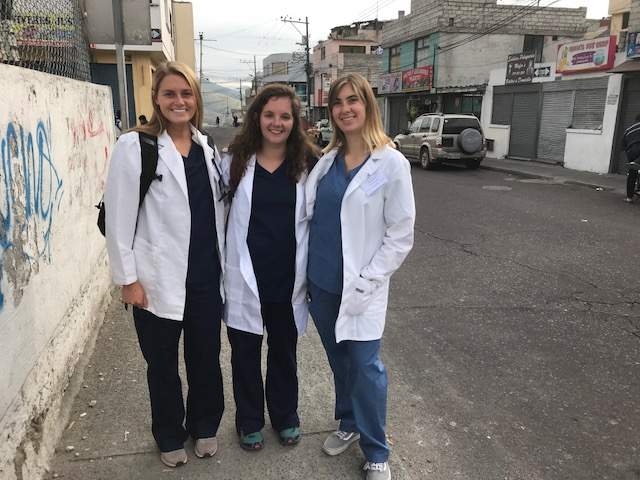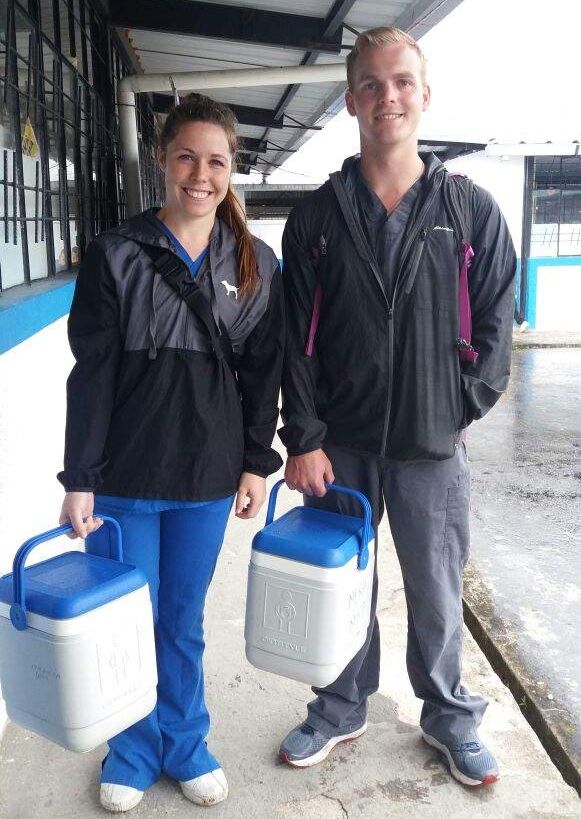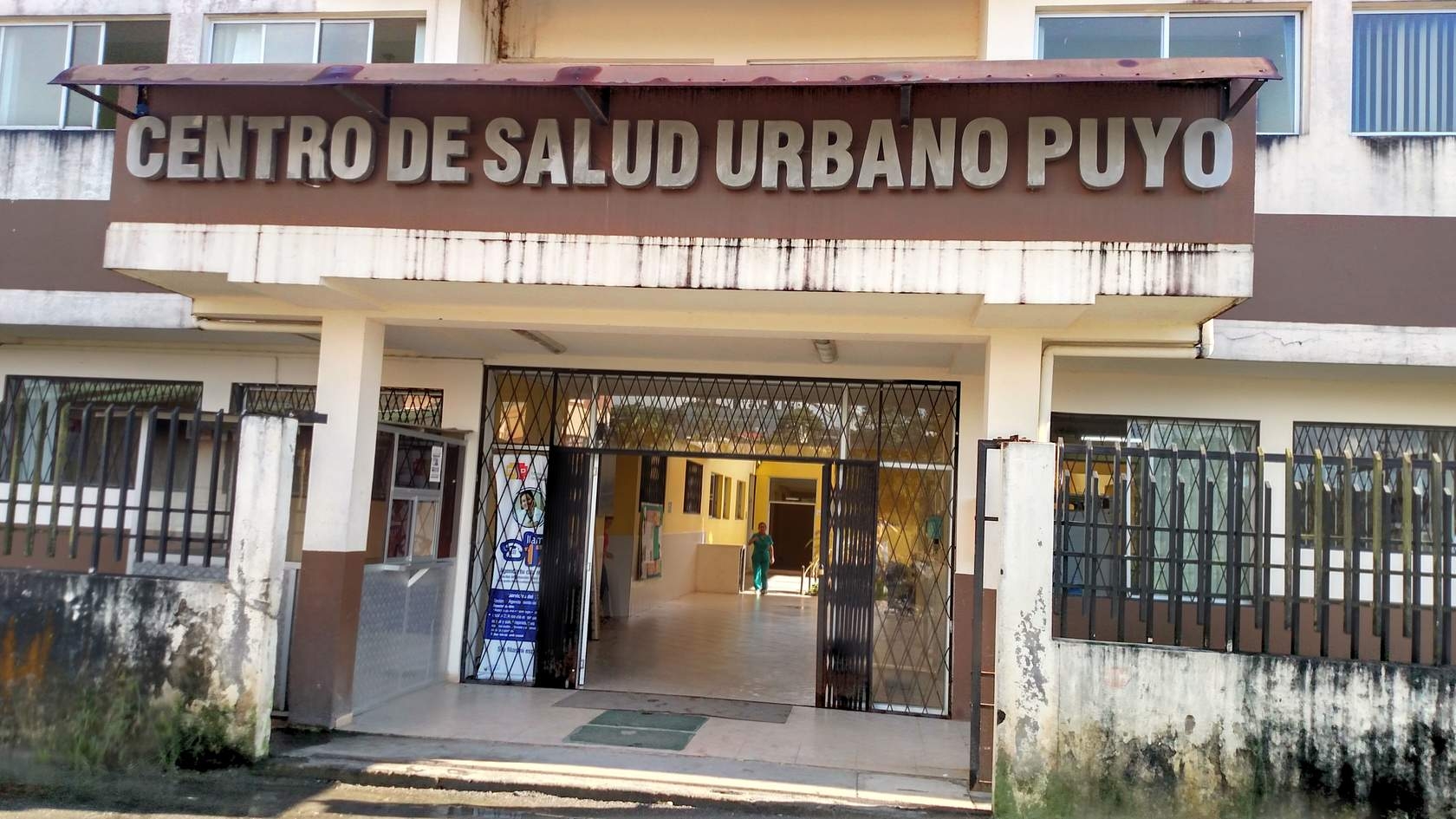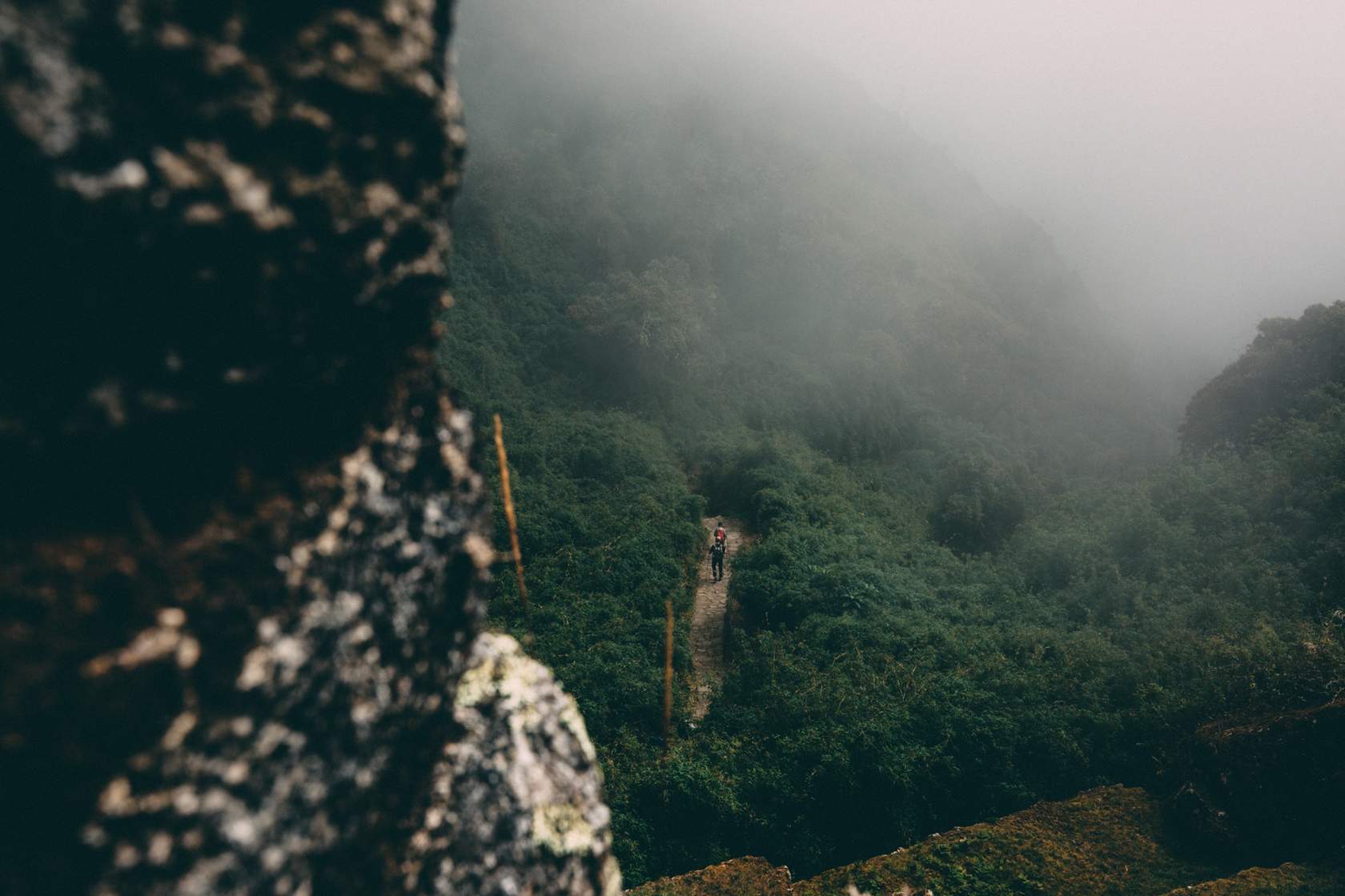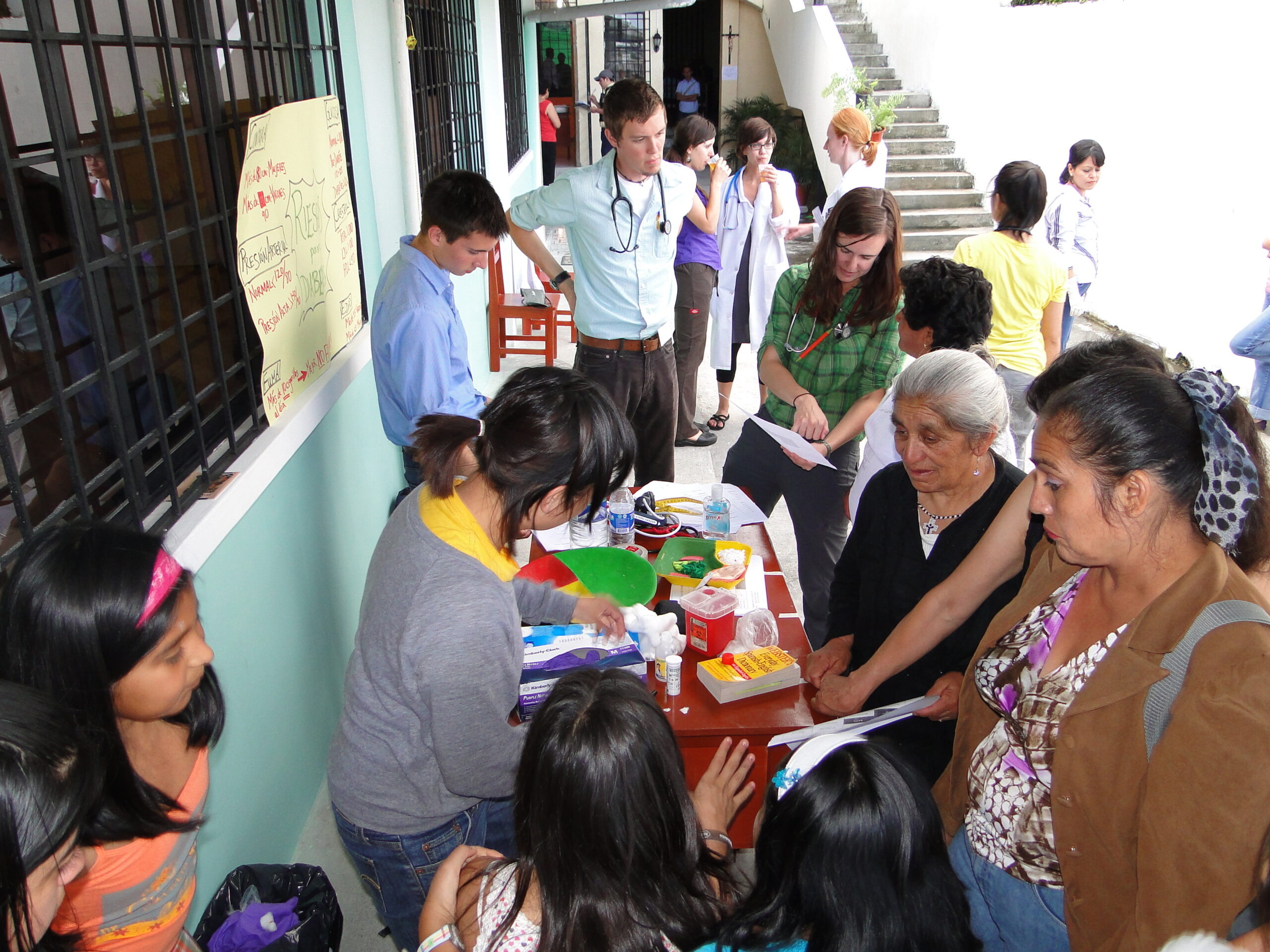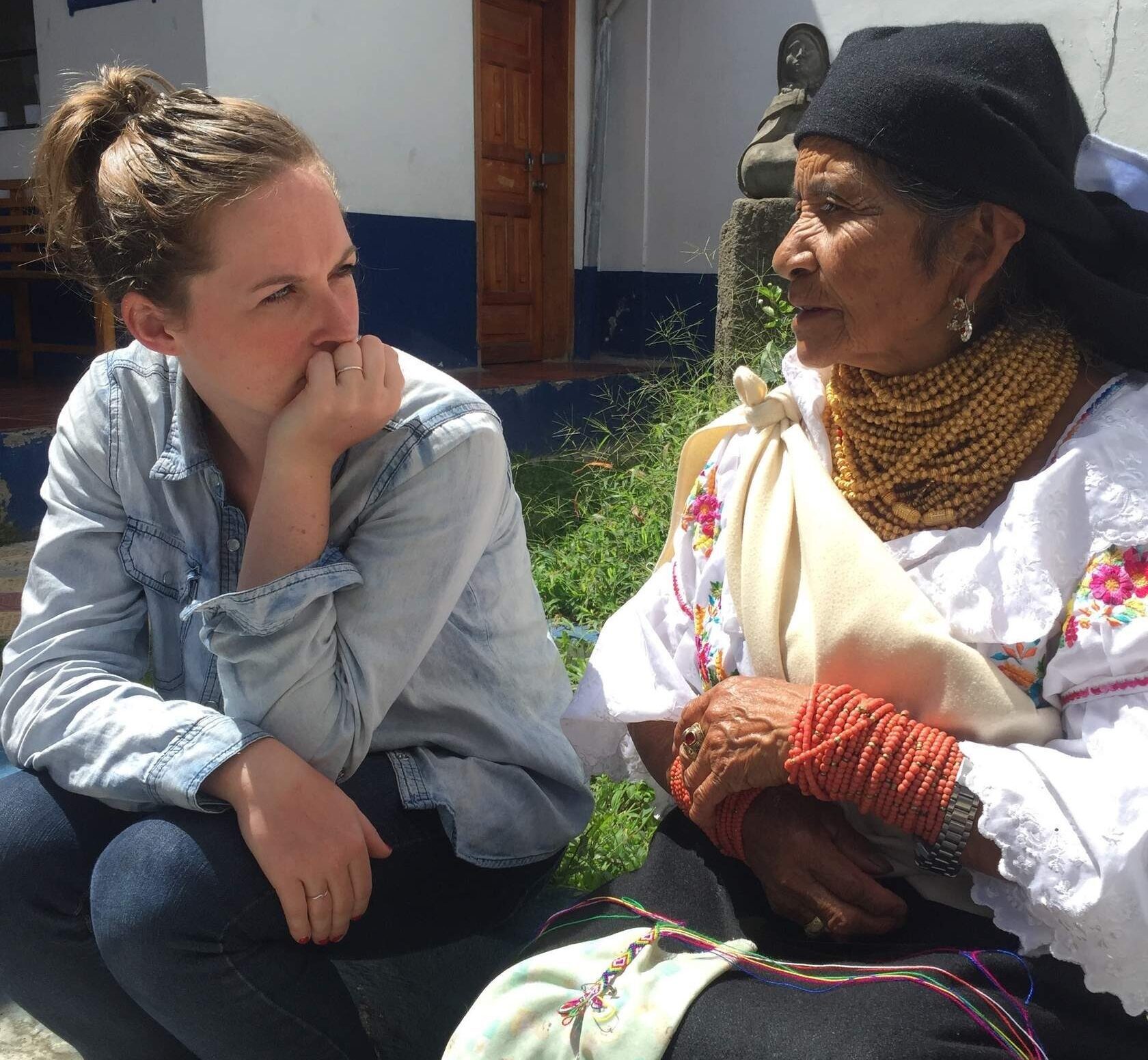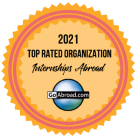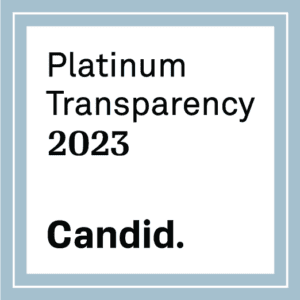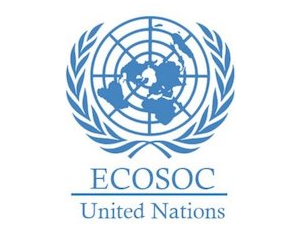- Home
- All programs
- Global Health in Ecuador (Guayaquil & Puyo)
Global Health in Ecuador (Guayaquil & Puyo)
Program overview
Experience Ecuador’s diverse cultures and geography by visiting Guayaquil, a vibrant and modern tropical coastal city, and Puyo, a small town in the Amazon basin. This program offers a unique opportunity to explore community-based medicine in a variety of settings and contrast the urban clinics to healthcare delivery at the edge of the world’s largest tropical rainforest.
Learn how communities in Guayaquil and Puyo are addressing their most pressing health challenges, including chronic, infectious, and vector-borne diseases while improving conversational and medical Spanish, and living with a local family. This program starts in Guayaquil. Participants attend Spanish classes while participating in observational clinical rotations at primary healthcare clinics for two weeks. Then, participants travel to Puyo for the last two weeks of the program and learn about tropical diseases, traditional indigenous practices, public health outreach, and ecosystem conservation initiatives.
During their free time, CFHI participants may explore local cultural sites of interest in Guayaquil such as museums as restaurants, or visit local beach towns. From Puyo, travel to Baños or Tena, home to numerous waterfalls and beautiful landscapes.
About this program
- Location
- Accommodations
- Arrival Information
- What's Included
- Things to Do
- A Day in the Life
- Alumni Advisor
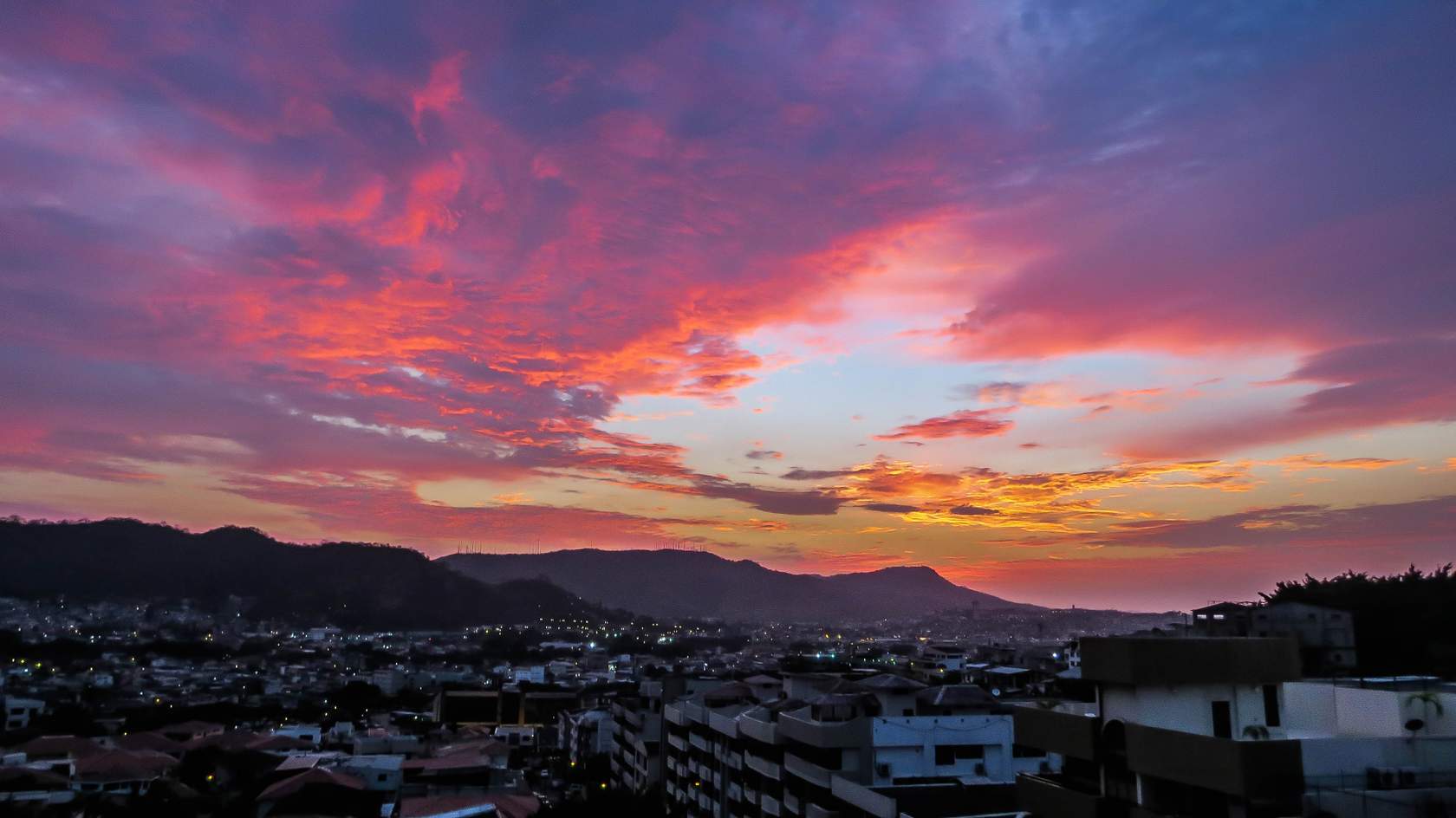
The first portion of this program is based in Guayaquil, known as the “Pearl of the Pacific.” This tropical, colorful, and vibrant city is the most populous in Ecuador and has become the main trading and economic capital of the country. Located along the Guayas River in the Gulf of Guayaquil, it is an important trading center with influence at the regional level in the areas of trade, finance, politics, culture, and entertainment.
For the remaining weeks of the program, students will be based in the tropical city of Puyo, about 6 hours by bus from Quito, and bordering the Amazon jungle. Surrounded by green hills, Puyo is a modern city home to about 60,000 inhabitants. It the largest city in the region and the main economic and commercial hub of the province. Because of its location, Puyo is a common jumping off point for trips into the Amazon. In and around Puyo, there are large indigenous populations and this influence is seen in the food and culture of the region.
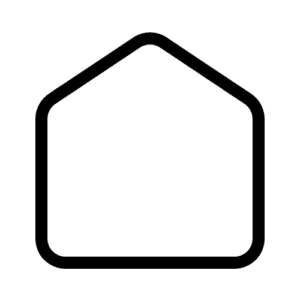
Program participants will find their home away from home in carefully selected homestays, screened by CFHI Local Coordinators and following CFHI’s health and safety guidelines. Located within residential areas of Guayaquil and Puyo, these homestays offer the perfect blend of comfort and authenticity, and are situated in middle-class neighborhoods. Homestays are generally located near the main square with easy access to transportation, shops, and local eateries. In some cases, CFHI scholars share a house or a room in the same homestay with fellow program participants.
Going beyond mere lodging, these homestays provide a unique opportunity to learn about the local culture and practice Spanish skills on a daily basis in an informal setting. Accommodations include two meals per day. At the welcome orientation, participants will be instructed on culture and work etiquette to have the best experience in both homestay and the health setting.
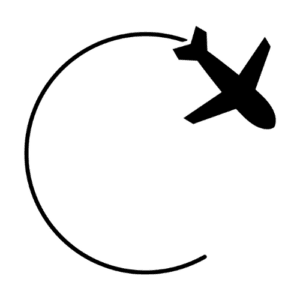
Participants should arrive in Guayaquil, Ecuador on the program start date and will be picked up from the airport by a CFHI representative and taken to their homestay. A welcome orientation will take place the Sunday or Monday after arrival.
Visas are not required for U.S. citizens staying less than 3 months in Ecuador. More information on travel and logistics will be provided by CFHI after acceptance into the program.
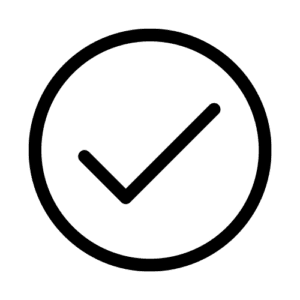
What’s Included
CFHI Program fees include the majority of your on the ground costs. As a nonprofit, CFHI strives to keep fees low and offers fundraising opportunities, scholarships and discounts.
Pre-Departure Support
- Program advising and support via email, phone, and web meeting from CFHI’s Central Leadership team
- Detailed online Pre-Departure Training that includes modules on program logistics (flights, visas, immunizations, and more), intercultural learning, introduction to health realities at your program site, and much more
On-Site Services
- Airport pick-up upon arrival and transportation with a local CFHI representative to your program lodging
- Welcome orientation 1-2 days after arrival covering safety, transportation, and other logistics
- Spanish Classes: 30 hours/month of Spanish classes, including medical Spanish instruction and cultural activities
- CFHI Local Team that provides instruction, logistical support, and 24/7 emergency response
- Meetings and lectures on local healthcare system, socio-economic determinants of health and current cultural/historical topics.
- Placement and coordination of clinical and any public health activities (if relevant)
- Accommodation and two meals per day
- Local cell phone or support obtaining a local SIM card
- International emergency medical and evacuation insurance (unless waived by your university or institution)
Post-Return Resources
- Opportunities to engage as a CFHI Alumni Ambassador, reviewing scholarship applications, speaking on CFHI panels, and more
- Access to CFHI alumni-only social media group/s featuring news and career opportunities related to Global Health
- CFHI alumni newsletter highlighting events, professional development opportunities, resources, and ways to stay involved
Uniquely, 60% or more of CFHI student program fees go directly to the communities they will be visiting, benefiting the local economy at large.
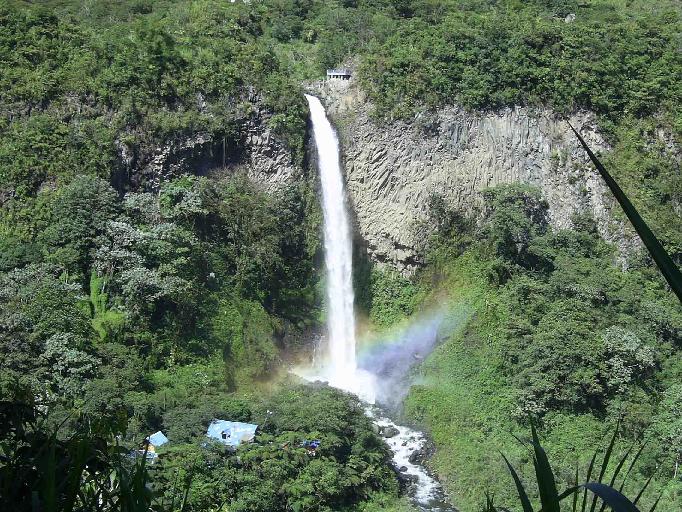
CFHI participants have free time during most evenings and weekends and may choose to organize weekend trips to nearby destinations and take part in cultural activities offered within the cities of Guayaquil and Puyo.
Within Guayaquil, popular activities include the old city center, know as Barrio Las Peñas and taking a stroll down the “Malecon”, a renovated riverwalk. During the weekends, participants can visit various islands in the delta or visit some of the beach towns close to Guayaquil such as “Playas.”
In Puyo, stroll around downtown and sample local delicacies like fish wrapped in banana leaf or chicha, made from fermented yucca. Pay a visit to the Water Park, wildlife sanctuary, or local museums. Take a short trip from Puyo to Baños, known for its waterfalls and adventure sports like kayaking and zip lining. A short ways away visit waterfalls, caves, or jungle regions to learn more about indigenous cultures and what is being done to preserve threatened ecosystems.
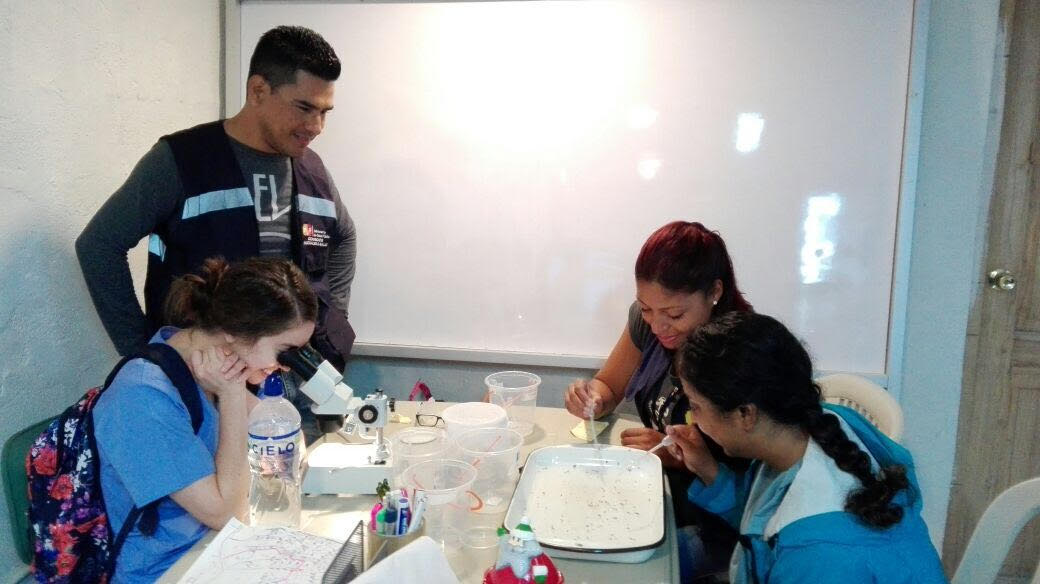
The program begins with an orientation to Ecuadorian culture in the city of Guayaquil, including Spanish classes and clinical rotations at local primary, secondary, or tertiary care clinics/hospitals for the first 1-2 weeks. The remaining weeks will be spent in the town of Puyo, where you will participate in clinical rotations or site visits to indigenous communities.
A typical day in a CFHI program is a blend of immersive learning, cultural exploration, and personal reflection. Participants begin their mornings with breakfast at their homestay, followed by 4-6 hours of health-related activities. The health site assignments and schedule are shared by the local team upon arrival. Afternoons may consist of Spanish classes, shorter rotation shift, or other cultural activities. Weekends are free of program-planned activities.
Dominic Quiros
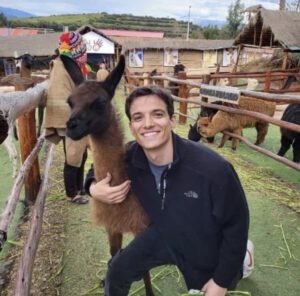 I am a third year medical student with a passion for global health and experience learning abroad, both with global brigades and CFHI. I believe that access to quality healthcare is a fundamental human right and that working to achieve that globally is a necessary pursuit. My favorite aspect of global medicine is that you get to have transformative interactions with people from all walks of life. I became an alumni advisor to support others in their learning experiences and am eager to speak with anyone who wants to know more about the program in Guayaquil/Puyo.
I am a third year medical student with a passion for global health and experience learning abroad, both with global brigades and CFHI. I believe that access to quality healthcare is a fundamental human right and that working to achieve that globally is a necessary pursuit. My favorite aspect of global medicine is that you get to have transformative interactions with people from all walks of life. I became an alumni advisor to support others in their learning experiences and am eager to speak with anyone who wants to know more about the program in Guayaquil/Puyo.
Clinical Rotations & Public Health Placements
Meet the Local Team
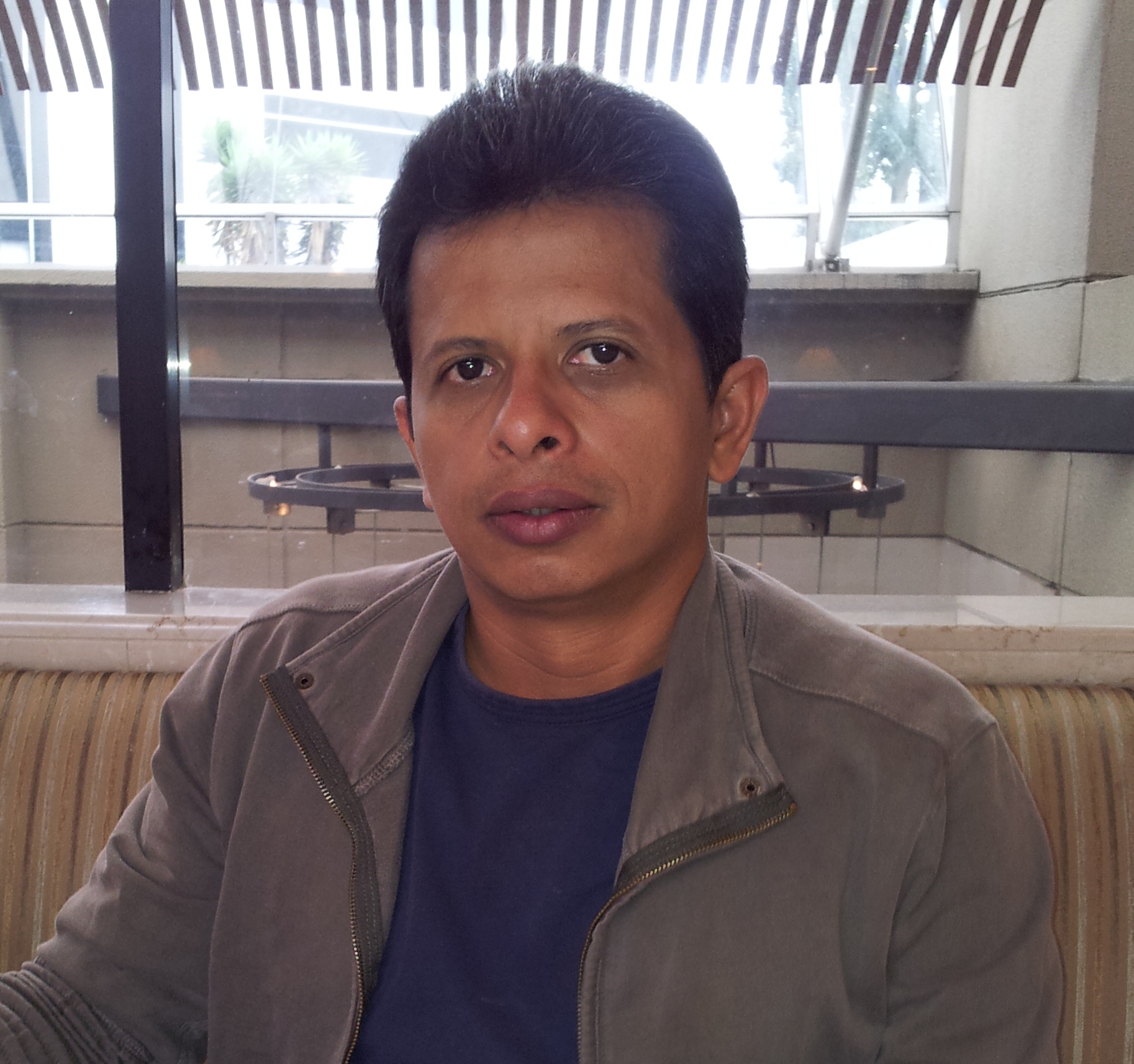
Dr. Wilfrido Torres – CFHI Medical Director, Guayaquil & Puyo
The local Medical Director oversees and arranges all clinical and public health-related activities and is also responsible for coordinating healthcare and emergency services for participants as needed. They coordinate a cadre of preceptors who mentor and supervise program participants at both clinical and public/community health sites. Dr. Wilfrido Torres has extensive clinical and public health experience with local populations. He collaborates with the school and indigenous community to coordinate the orientation and medical rotations.
Dr. Torres has worked with CFHI since 1999 in the Amazon region of Ecuador. He completed his degree in Medicine and General Surgery at the State University of Guayaquil. He has a postgraduate degree in Epidemiology and Clinical Research. Currently, he is the Program Coordinator of the Vector Control Program with the Ministry of Public Health. He previously served as a primary care provider and ran a CFHI training program for health promoters in Indigenous villages outside of Puyo. He enjoys guiding CFHI students as they learn about global health.
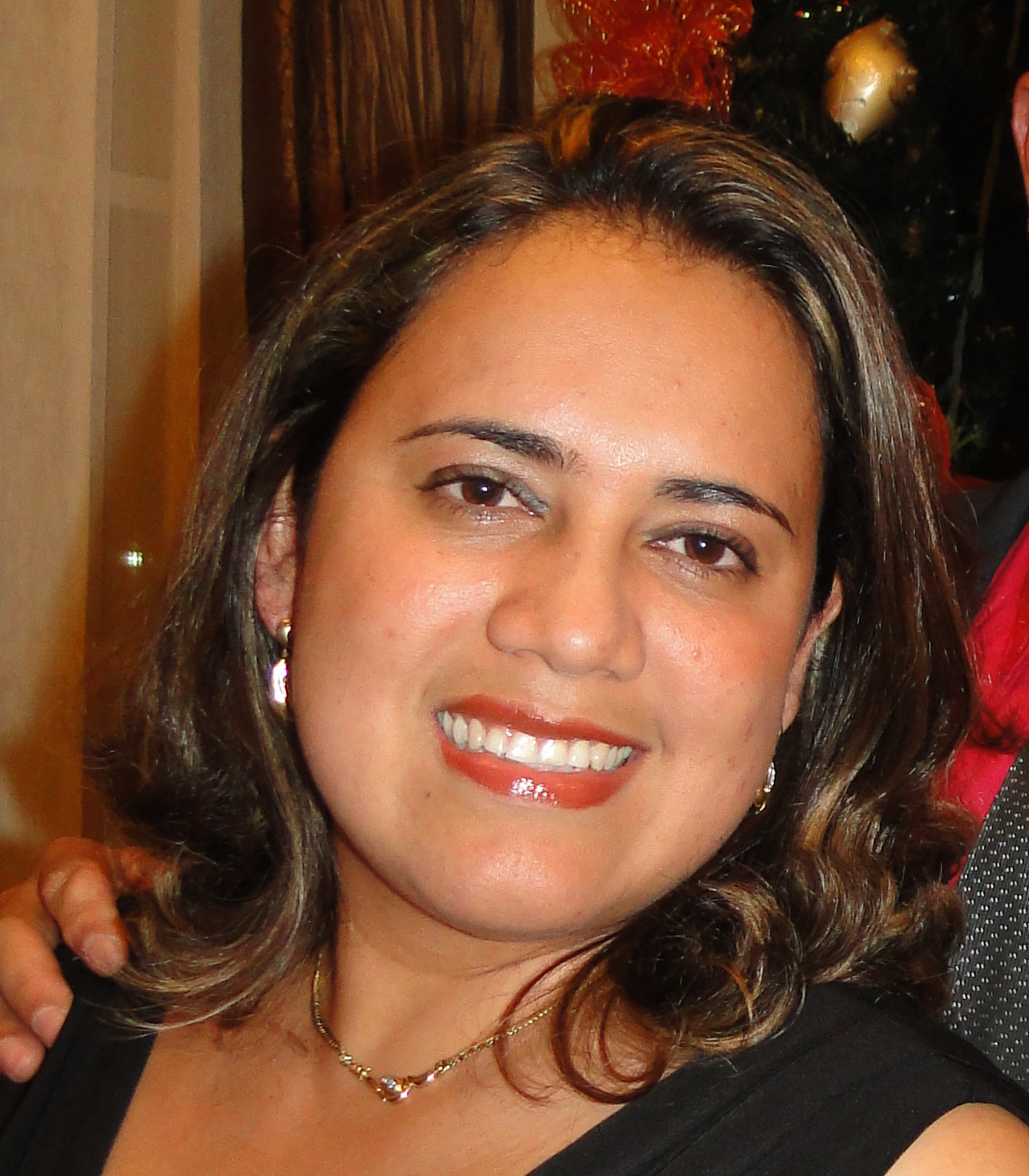
Psic. Viviana López Aray - CFHI Local Coordinator, Guayaquil & Puyo
The CFHI Local Coordinators manage the logistics of housing, transportation, and cultural immersion throughout the program. They are a valuable resource for any questions related to navigating the program locale, cultural norms, and tips on planning weekend travel.
Viviana has served CFHI since 2003. She is the main contact with the students while they are in Guayaquil and Puyo regarding rotations, trips and cultural activities. Viviana is originally from Guayaquil, Ecuador and holds her degree in Psychology and Human Resources from the University of San Francisco. She is currently finishing the postgraduate course in Psychotherapy at the University of La Rioja. She enjoys spending time with her family, listening to music, cooking, and since moving to Puyo, she has gained a big appreciation for nature and spending time outdoors. She has a positive energy and is very approachable.
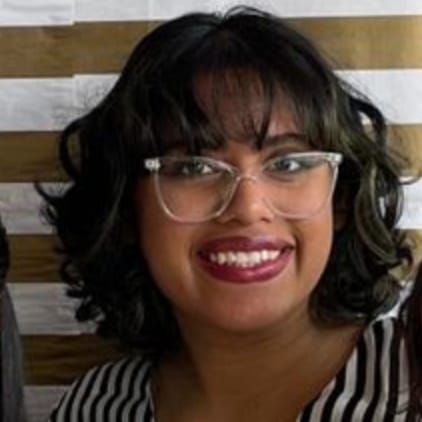
Jennifer Torres - Local Assistant
The CFHI Local Coordinators manage the logistics of housing, transportation, and cultural immersion throughout the program. They are a valuable resource for any questions related to navigating the program locale, cultural norms, and tips on planning weekend travel.
Jennifer has grown up in the company of students. She is a great resource for students who prefer to communicate with someone of their contemporary age and/or in the English language. Jennifer helps with the logistics of the program and participates in meetings to make sure all students understand the plans and recommendations. She is always taking care of details and updating information so that all things run as smoothly as possible. She is a political science student and loves pets, especially her dog “Oveja”; she also enjoys fashion and trendy music.
Eligibility
This CFHI program is ideal for participants who are 19 years of age or older with an Intermediate Spanish level or above, who have an interest in fields related to primary health care, traditional and indigenous medicine, urban/rural comparison, planetary health, and/or public health. You do not need to be a student to be eligible for this program; mid-career professionals, GAP year learners, and others are also welcome. This program will provide an in-depth overview of primary health care, traditional and indigenous medicine, urban/rural comparison, planetary health, and/or public health in Latin America through visits and experiences within community healthcare clinics in Guayaquil and Puyo. To confirm your eligibility, please read CFHI’s general eligibility requirements.
The Sustainable Development Goals are a global roadmap set forth by the United Nations General Assembly to end poverty, protect the planet, and ensure the well-being of all individuals by the year 2030. This program highlights the following SDGs:
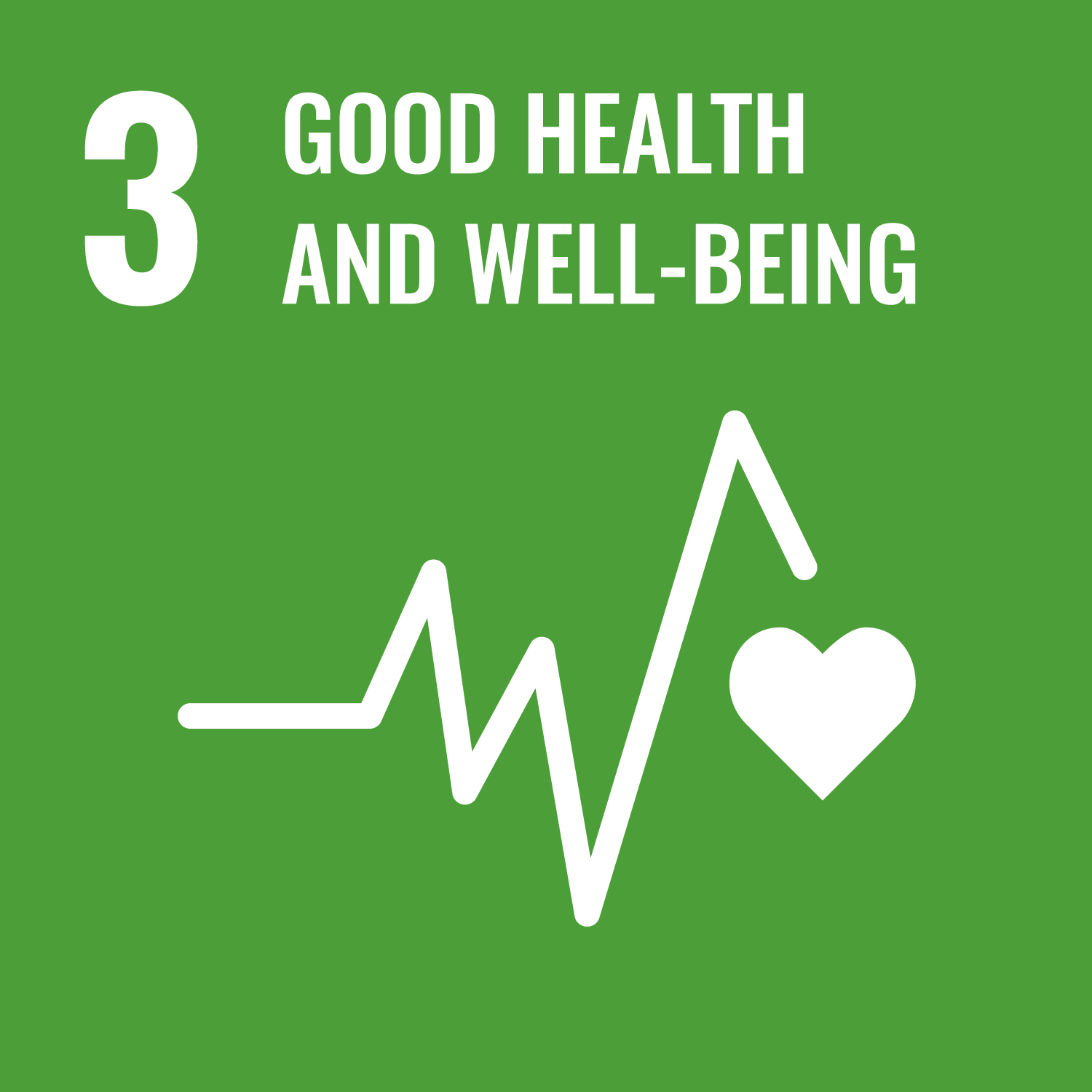
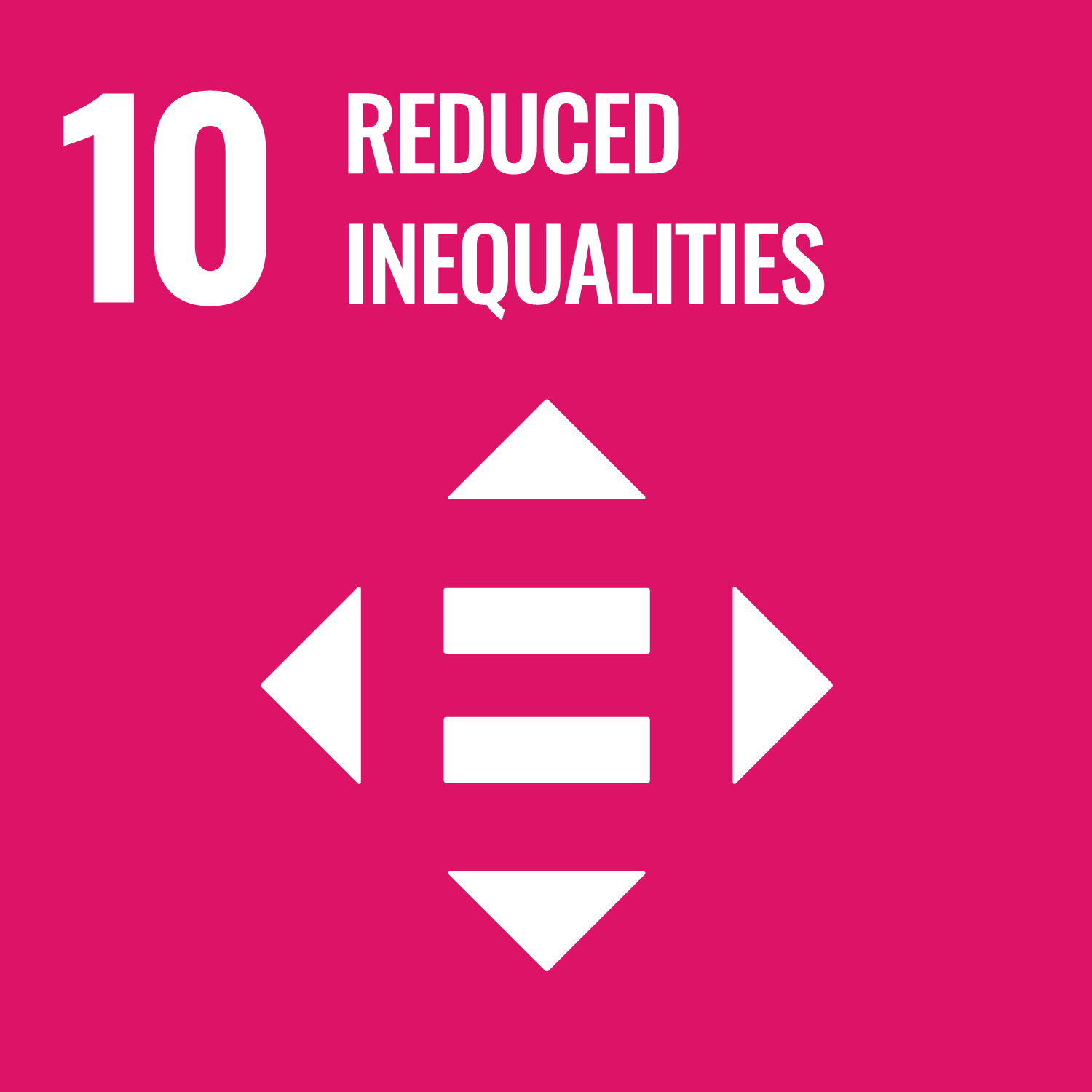
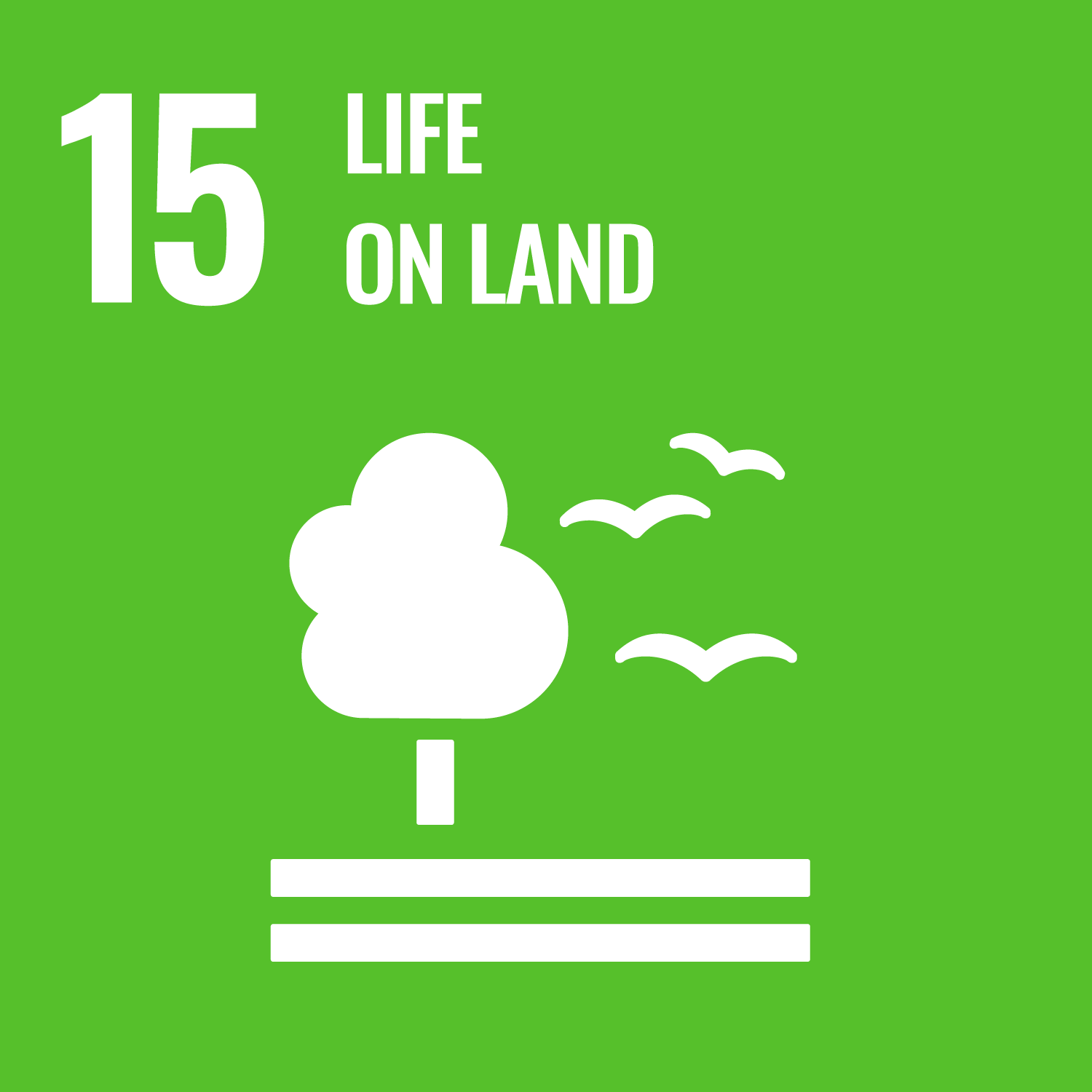
How to Apply
Create profile
Submit application
Hear back from CFHI team
Complete pre-departure training and requirements



Let The World Change You
